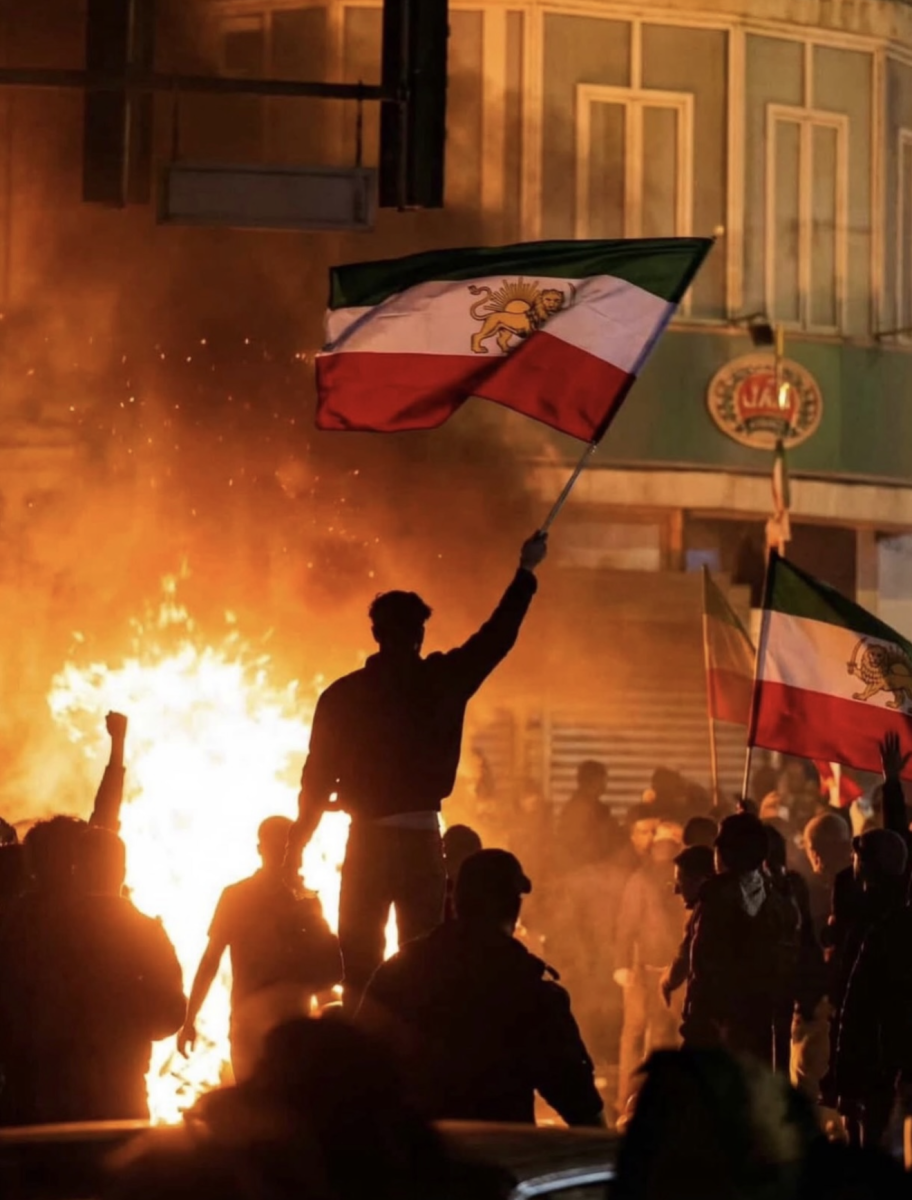In a world of political division and economic uncertainty, history reminds us of the risks of totalitarian leadership. Adolf Hitler’s rise to power in Nazi Germany serves as a dark example of how a leader’s overwhelming charisma and popular sentiment can lead a country down a dangerous path. Comparisons have been drawn between Hitler’s rise and certain elements of modern leadership styles, including those of Donald Trump, whose powerful personal appeal has evoked strong emotions from both supporters and detractors.
Historian Laurence Rees highlights that Hitler’s grip on Germany stemmed not only from the economic struggles and discontent following World War I but also from his ability to connect emotionally with millions of Germans. Initially dismissed as an outsider, Hitler became a “saviour” figure for people feeling defeated and isolated. His rhetoric, often devoid of substantive policy proposals, leveraged emotional appeals, promising national pride and unity by scapegoating marginalized groups, including Jewish people and Communists. This allowed him to build a powerful connection with his audience based on shared grievances and a vision of restoring Germany’s greatness.
Hitler’s appeal was rooted less in intellectual capabilities and more in his charisma, which exploited Germany’s post-war wounds and the human tendency to seek simple solutions to complex problems. His framing of himself as a figure of “providence” enabled him to convince many Germans that he alone could restore national glory and economic stability.
In a modern context, Donald Trump has similarly been noted for his ability to connect with many Americans through a promise to “Make America Great Again.” Analysts have pointed out how this slogan resonated with those who felt overlooked by the political system. Trump’s appeal has often been framed as an emotional connection with his supporters, emphasizing patriotism and putting “America first,” sometimes at the expense of traditional democratic norms. Like other leaders throughout history, Trump’s rhetoric has been characterized by a tendency to blame specific groups for national challenges and present his visions as the solution.
The parallels between the two leaders highlight a broader concern: history has shown that when loyalty to a leader is based Solely on personality rather than principles or ideas, the foundations of democracy can be at risk. Hitler’s consolidation of power after becoming Chancellor offers a stark historical warning. Once in power, he silenced critics, dismantled democratic checks and balances, and transformed Germany’s government into a dictatorship centred on his authority.
Trump’s presidency has prompted similar scrutiny for its challenges to democratic norms. The Attack on the Capitol in 2021, for instance, sparked widespread concerns about the fragility of democratic institutions when personal loyalty overshadows institutional accountability. Trump’s repeated insistence on loyalty from allies and his criticism of democratic processes, including attacks on the press, underline the risks of leadership styles that polarize and destabilize.
While the historical consequences of Hitler’s regime were far more extreme, the reliance on personal charisma and emotionally charged rhetoric in both cases raises important questions about the nature of leadership in times of crisis. As Hitler himself observed, “The broad masses of a population are more amenable to the appeal of rhetoric than to any other force.” This observation remains relevant today, as emotionally driven leadership continues to resonate with disillusioned populations.
The dangers of charismatic leadership extend beyond specific individuals and offer a cautionary tale for democracies worldwide. When leaders rely on emotional appeals rather than substantive solutions, the risks to accountability and institutional integrity become clear. In an era of political polarization, it is critical for citizens to consider whether their leaders prioritize principles and democratic values—or simply their own power. History’s lessons on the cost of overlooking this balance remain as vital as ever.













Paavni • Feb 24, 2025 at 12:15 pm
I cant believe how incredible this article is, i may not be invested in politics or issues like these besides the casual TikTok occurence. but they way the article was able to grasp my attention and give me insight was quite amazing. Good work Josh!
Nic Sanchez • Feb 24, 2025 at 8:35 am
Josh M’s article is awesome and perfectly written! The article has a lot of information which is great. Thanks for a great article, Josh!
Zachary • Feb 24, 2025 at 8:33 am
This article provides an insightful and thought-provoking analysis of the dangers of charismatic leadership, drawing powerful comparisons between Adolf Hitler’s rise and modern political figures like Donald Trump. It expertly highlights the risks of prioritizing emotional appeal over democratic principles and the importance of holding leaders accountable. The historical lessons shared serve as a crucial reminder of the fragility of democracy and the need to safeguard against polarizing leadership styles.
Will M • Feb 21, 2025 at 3:15 pm
Josh M’s analysis is shallow and reeks of fear-mongering. While drawing historical parallels can be useful, comparing modern leaders to Hitler crosses the line into hyperbole. The piece lacks nuance and oversimplifies complex political dynamics by leaning too heavily on emotional manipulation without offering any real solutions or insights. It’s easy to throw around terms like “charismatic leadership” and cherry-pick historical events, but doing so without context is irresponsible and divisive.
Tom P • Feb 25, 2025 at 11:40 am
Will’s comment is nothing short of a masterclass in incisive critique, effortlessly dismantling the article’s reliance on historical hyperbole with razor-sharp precision. His eloquent dissection of Josh M’s argument exposes its sensationalist tendencies, highlighting how the comparison between modern leadership and Hitler lacks the nuance required for meaningful analysis. Will’s articulation of the dangers of oversimplification is particularly compelling, as he deftly underscores the irresponsibility of emotional manipulation in political discourse. His measured yet powerful tone transforms his response into an intellectual triumph, delivering not just criticism but a call for higher standards in political commentary.
nidhi • Feb 20, 2025 at 4:58 pm
The article provides a compelling analysis of charismatic leadership, drawing insightful parallels between history and modern politics. It’s a thought-provoking reminder to critically engage with political rhetoric.
Bryan • Feb 20, 2025 at 8:02 pm
I agree with this combination of words
shreyas j • Feb 20, 2025 at 11:34 am
This article is incredibly thought-provoking and offers a powerful perspective on the dangers of charismatic leadership. The comparisons between Hitler and Trump are compelling, and the historical insights make a strong case for why emotionally driven leadership can threaten democratic institutions. Reading this has genuinely changed my perspective on how political figures gain influence and the importance of holding leaders accountable beyond their rhetoric. It serves as a crucial reminder to critically examine leadership styles and their long-term impact on society.
willy g • Feb 20, 2025 at 2:08 pm
I’m glad you found the article as thought-provoking as I did! The parallels drawn between historical and modern leadership styles really highlight the importance of staying vigilant and critically assessing those in power. It’s fascinating (and a bit unsettling) to see how emotional appeal can sometimes overshadow logic and democratic principles. Conversations like this are so important—thanks for sharing your thoughts!